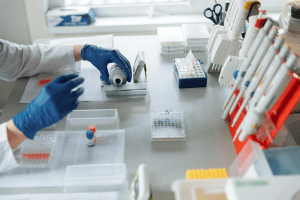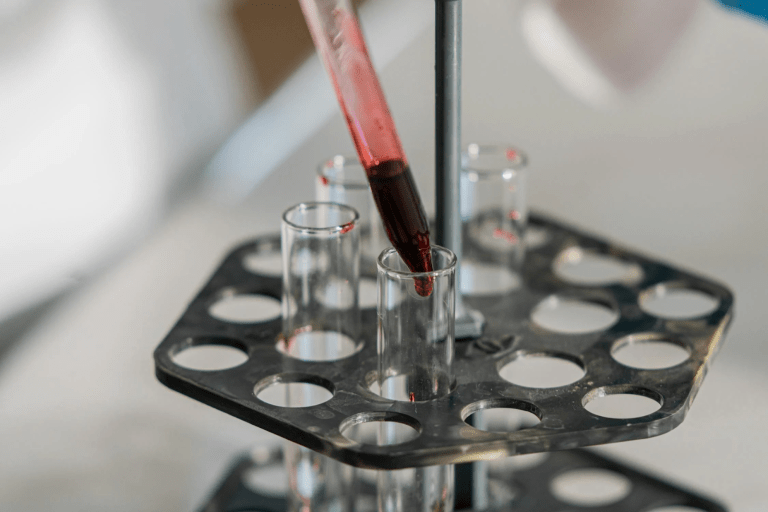This advancement, shared across multiple industry sources including RTTNews, GlobeNewswire, and the company’s own announcements, marks a hopeful milestone for a patient population that has long faced limited treatment options.
The VERSATILE-002 Trial: A Closer Look
The VERSATILE-002 trial is designed to evaluate PDS0101, PDS Biotech’s lead immunotherapy candidate, in combination with Keytruda (pembrolizumab), Merck’s blockbuster immuno-oncology drug. The trial focuses on patients with recurrent or metastatic human papillomavirus (HPV)-associated head and neck squamous cell carcinoma (HNSCC) — a cancer type known for its aggressive progression and historically poor prognosis.
What makes these latest results particularly exciting is that patients in the study achieved a median overall survival of 30 months, a significant improvement over historical survival rates, which typically range from 10 to 13 months with standard treatments.
Why This Matters: A New Front in Immunotherapy
PDS0101 works by stimulating the body’s immune system to recognize and attack HPV-positive cancer cells more effectively. When paired with Keytruda, which blocks immune-suppressing signals in the tumor microenvironment, the combination unleashes a potent anti-cancer response.
According to PDS Biotech executives, these data not only validate the company’s immunotherapy platform but also position PDS0101 as a potential new standard of care for this challenging cancer type.

What’s Next for PDS Biotech
With these positive results in hand, PDS Biotech plans to advance toward late-stage trials and seek regulatory guidance from the U.S. Food and Drug Administration (FDA). If approved, PDS0101 could become one of the first targeted immunotherapies specifically developed for HPV-associated head and neck cancers.
Industry analysts note that the market potential for such therapies is substantial, given the growing prevalence of HPV-related cancers and the urgent need for more effective, less toxic treatments.
A Hopeful Future for Patients
For patients and families affected by recurrent or metastatic HNSCC, these results represent more than clinical success — they signal hope. As immunotherapies like PDS0101 move closer to approval, patients may soon benefit from more durable responses, longer survival, and improved quality of life.
Source:
RTTNews, GlobeNewswire, PDS Biotech Official Website


